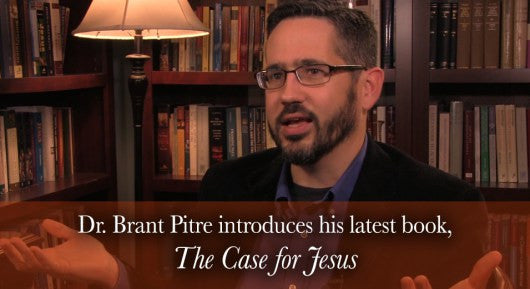Would benefit by having the discs labeled as to their content. This would make it easier to find a specific letter to study.
As many stars as possible! I think the content is excellent.
Excellent content but I was wondering why there are no guide discussion questions compared to Why We Believe or like Mass Readings Explained.






